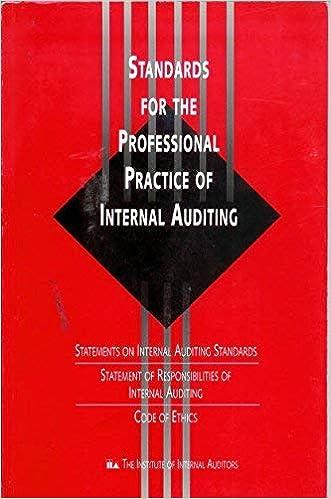Question
Taxpayers will want to avoid taxes on gains if possible, or, failing that, pay taxes at the lowest possible rate. Taxpayers will also want to
Taxpayers will want to avoid taxes on gains if possible, or, failing that, pay taxes at the lowest possible rate. Taxpayers will also want to deduct losses to the extent possible. In order to get the optimal tax benefit, you need to understand the complex set of rules that apply to capital gains and losses, that is, gains and losses from the sale or other disposition of a capital asset. Read sections A, B, and C of Chapter 21 (up to page 701 in the 19th edition of the book, and up to page 698 of the 20th edition) for the basics of these rules. One of the greatest advantages of capital gains rules is that the taxpayer has the power to determine when the reportable event occurs, as in most cases it's the taxpayer who decides when the asset is sold or otherwise disposed of. Imagine you have client with a wide range of investments, including those which would produce a gain if sold, and those which would produce a loss if sold. Also assume some are long-term, and some are currently short-term. What general advice would you give the client in terms of paying the lowest possible taxes when these assets are sold or otherwise disposed of?
Step by Step Solution
There are 3 Steps involved in it
Step: 1

Get Instant Access to Expert-Tailored Solutions
See step-by-step solutions with expert insights and AI powered tools for academic success
Step: 2

Step: 3

Ace Your Homework with AI
Get the answers you need in no time with our AI-driven, step-by-step assistance
Get Started


